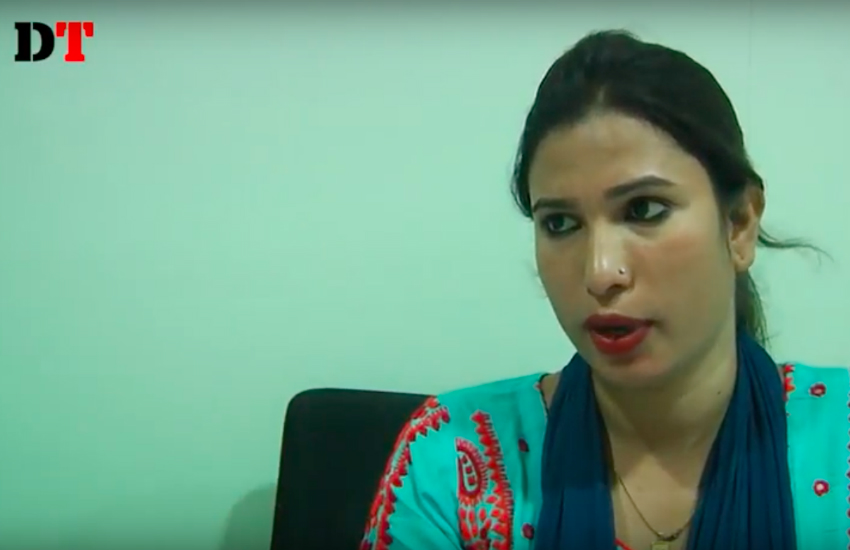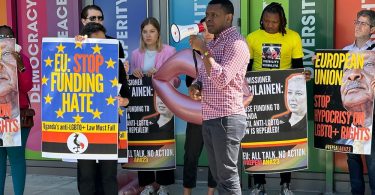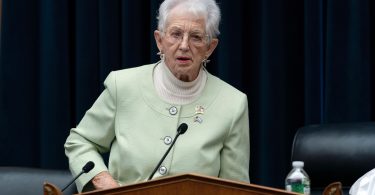Chaity is the first transgender employee at Bangladesh’s Human Rights Commission (Photo: YouTube)
The first transgender official at Bangladesh’s Human Rights Commission heralded a ‘new beginning’ for transgender Bangladeshis.
Chaity recently joined the national rights watchdog as part of its bid to represent marginalized communities. ‘I am excited. It is a new beginning for the entire transgender community’, she told the Dhaka Tribune.
The human rights worker said Bangladesh’s estimated 10,000 Hijra just wanted a normal life.
In South Asia, Hijra refers to a third gender. Hijra may have been assigned male at birth and live as women. Some also identify as trans or intersex or just as Hijra.
[embedded content]
‘Mindset of society has to change’
‘Hijras should lead lives as normal people’ said Chaity. ‘The attitude and mindset of society has to change in order to ensure that hijras do not have to do what they are forced to do for money,’ she said.
Many Hijras live in tightly-knit communities. Their family and friends often reject them. Many Hijras make money by performing ceremonies, begging, or sex work.
In 2013, Bangladesh recognized Hijra as a third sex. What’s more, it promoted education for Hijra. Earlier this year, Bangladesh added ‘Hijra’ gender to voting forms.
‘We want opportunities to work … so that we can resolve our issues ourselves’, Chaity said.
Chaity told the Dhaka Tribune her family had accepted her after she got her new job.
Chaity ran away from home at the age of 12. As the only male child at that time, Chaity’s family did not respect her choice to live as a Hijra.
‘[My family] kept trying to demoralize me’, she said. ‘When the pressure became overwhelming, I left my home for the first time to look for people like me in the transgender community—where I would feel safe and accepted’.
The commission Chairman Kazi Reazul Hoque said: ‘We believe our initiative will encourage other institutions – both governmental and non-governmental – to promote the rights of vulnerable members of society.’







